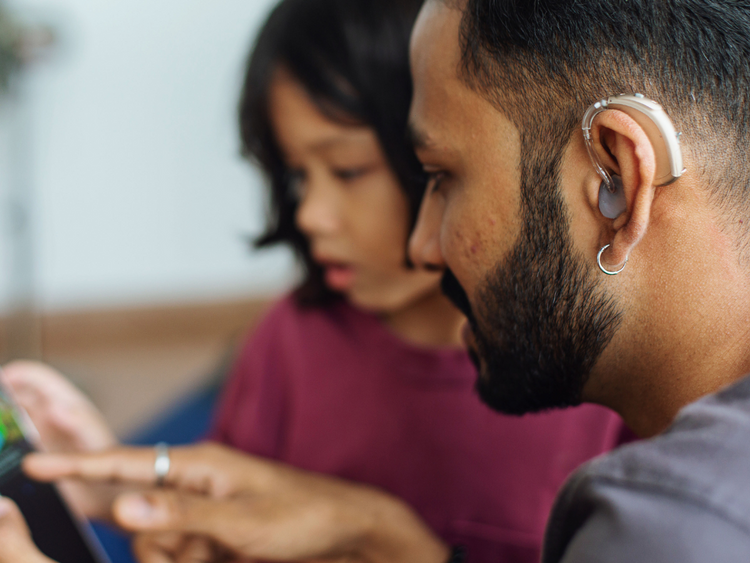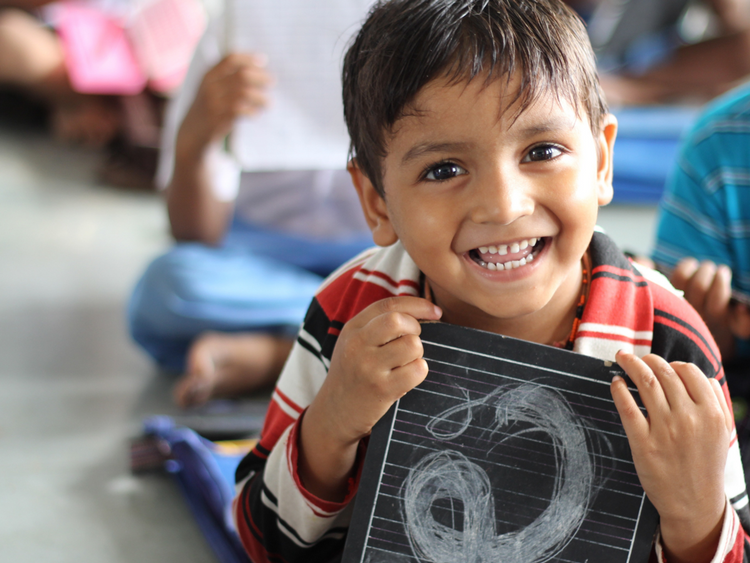Feel free get in touch with us via email or social media.
© UEA. All rights reserved. University of East Anglia, Norwich Research Park, Norwich, Norfolk, NR4 7TJ, UK
Looked After Children's Mental Health Research Network
Better Evidencing Practice Innovations

Aims: We will undertake a realist evaluation of 'caringlife', a Digital Life Story Work application used with looked-after children to prevent future mental ill-health by promoting positive mental health through carers engaging with children and young people with care-experience to create, record, and reflect upon digital memories.

How: In partnership with the Royal Borough of Greenwich and advocacy organisation, The Care Leavers National Movement (CLNM), we will undertake a Realist Evaluation of ‘caringlife’.
A realist approach to evaluation is designed to unpack the complexities that underlie the real-world use of digital applications like ‘caringlife’. This approach will allow us to explain how important outcomes happen, why, and in which contexts.
All this understanding is then brought together into something called a Programme Theory – a detailed explanation of how ‘caringlife’ works.
We will work with CLNM to train and support young adults with care-experience as "co-researchers" to assist with the data collection, analysis, refinement of the Programme Theory and dissemination of the best practice guidance and resources the project will generate.

Funded by: Sir Halley Stewart Trust
Project start and end date: May 2023 – April 2024
Partners: Royal Borough of Greenwich, Care Leavers National Movement and University of Oxford
Key contact: Dr Simon P Hammond

Workstream 1: Led by Dr Ruth Payne (Enhanced Fostering Service)
Workstream 2: Led by Kate Blake-Holmes and Laura Cook (UEA School of Social Work)
Aims: The Enhanced Fostering Service (EFS) is a specialist service set up by Norfolk County Council to support young peoples’ transitions from residential to foster care. This evaluation aims to investigate whether, and how Enhanced Fostering Service supports young people to make this transition. This evaluation will also gather important local implementation learning to identify local barriers and facilitators in making, stabilising and sustaining young peoples’ moves and report which individual (young people's mental wellbeing, school engagement and placement stability) and system (cost savings and carer retention) outcomes are achieved.

The evaluation of the Enhanced Fostering Service will consist of two workstreams:
Workstream 1: Quantitative data analysis of routinely collected outcome measures will be conducted to review whether there are any significant changes for a young person following a move from a residential home to a fostering home. The quantitative dataset includes self-report and carer report questionnaires on the young person’s emotional and behavioural presentation in addition to data on their school attendance, incidences of absconding, offending behaviour and school attendance. In addition, we will review the length of time the young person has been living with the fostering family, foster carer retention and financial costings.
Workstream 2: Workstream 2 will focus on the experiences of children, young people and professionals who have been involved with the Enhanced Fostering Service during the transition process. Young people will be interviewed about their experiences of the transition from residential to foster care. Data will also be collected from key professionals to capture their experiences of supporting young people’s transitions and their views on the support provided by Enhanced Fostering Service.
Funded by: Enhanced Fostering Service
Key contact: Dr Ruth Payne

Stay up to date
Subscribe to our newsletter to receive news on the latest updates and projects in health and social care research.